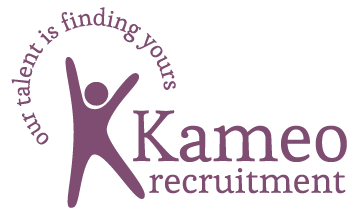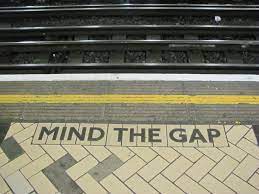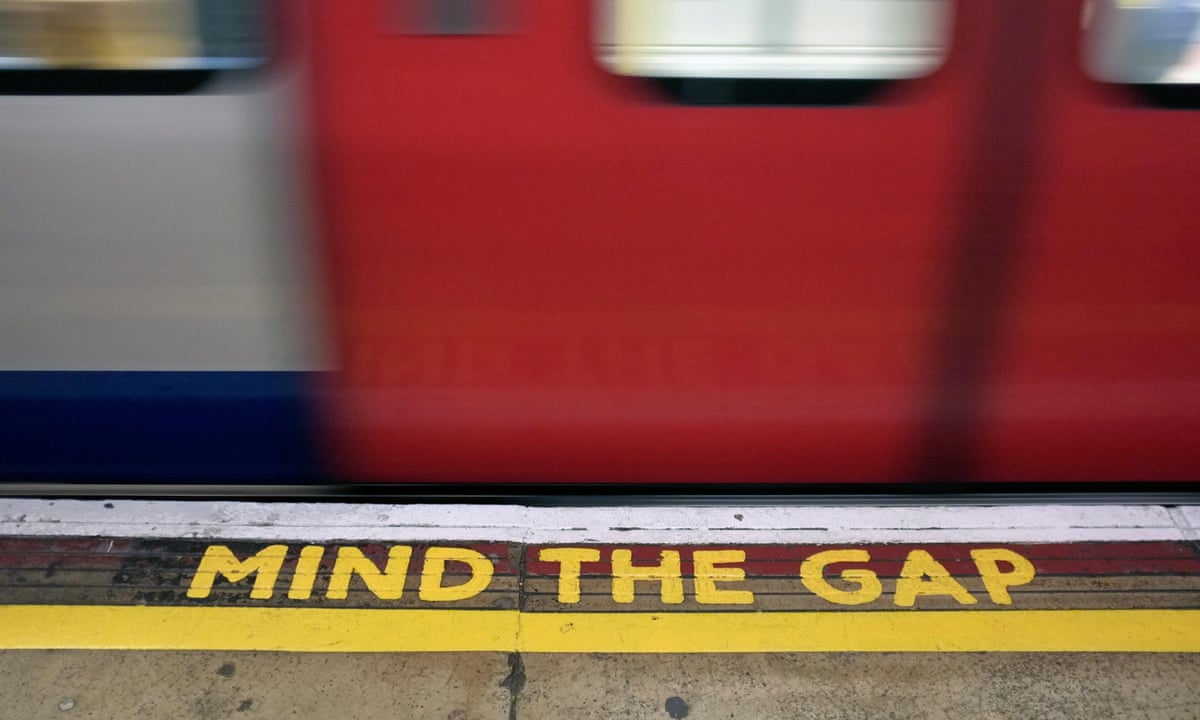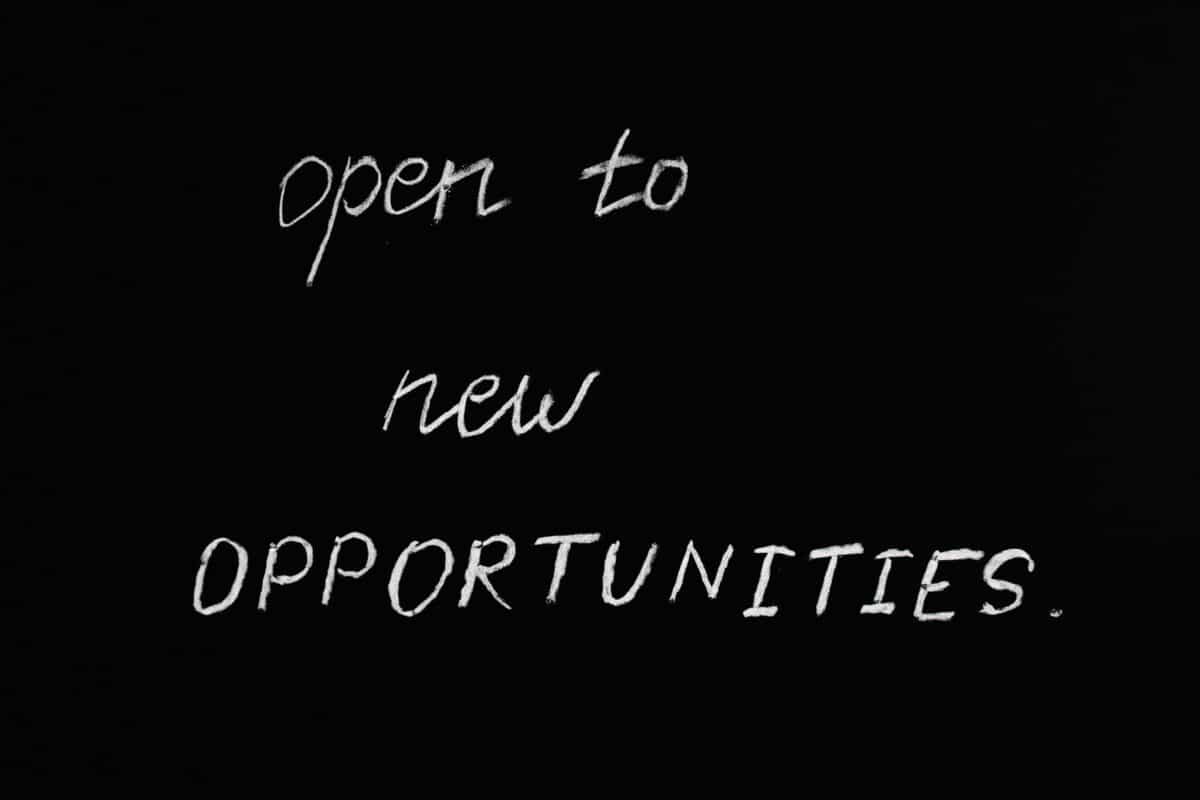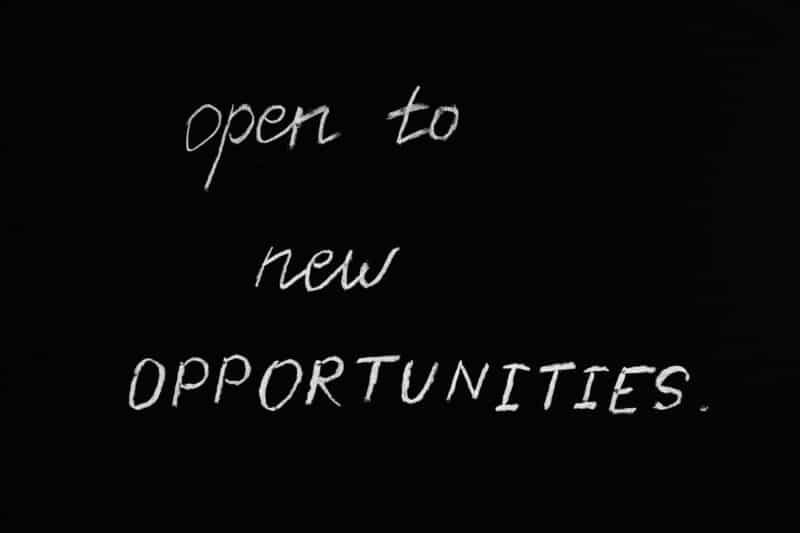Before finding my current role, I dreaded this question: – “Where do you see yourself in five years? “I always wanted to say something along the lines of; I see myself happy, I see my children well, I see world peace… but we all know what the interviewer really wants to know is “Do you have a career plan?” I honestly think it’s an archaic question that should have left the building with the only way to be successful is sitting at your desk 9 am-5 pm Monday – Friday. In this blog, we’ll look at the pros and cons of having a career plan, as well as the difference COVID-19 has made.
So here they are, the short and sweet pros & cons list. We’re sure there are more, but we don’t want to keep you all day…
Pros:
- Some say objectives are the cornerstone of success, with your career objectives in place you can reach greater success.
- It can help you identify an opportunity best suited to – your lifestyle, personal preferences, family environment, influences, and self-development.
- It can help you take responsibility for your weaknesses – it gives you the opportunity to look at where you can improve and set tasks to help you achieve this. Even the little things can make a big difference.
- Time flies and, before you know it, you have been in the same job for years and have not learnt any new skills. Having a plan allows you to put timescales in place and not get stuck in a rut.
- Knowing where you’d like to end up may just keep you in the driver’s seat, and avoid falling into a trap, or taking a huge side-step that has been influenced by managers/colleagues who aren’t (for obvious reasons) as invested in your career as you are.
- It will give you confidence as you will begin to recognise your strengths and weaknesses, decide on meaningful targets, and set plans to achieve them.
Cons:
- You can become fixated on your plan and miss other opportunities. Sometimes the best opportunities are the ones that are not planned. I speak from experience on this, I didn’t know what recruitment was until the summer after I finished university!
- It can create unnecessary anxiety if your timescales are off.
- It can put pressure on you if you haven’t achieved what you set out to do in a certain timescale.
- You may follow your path because you think you must or don’t know what other opportunities would be good for you.
- Setting goals outside of your limits, due to lack of knowledge of wanting to progress too quickly the result could lead to feeling like a failure when you do not meet your personal goals.
For good measure let’s throw COVID-19 in the mix, and ask ourselves this, do any of us really know where we see ourselves in five years time? How many of us started 2020 with far different ambitions than those we ended the year on? And in turn, how many of us altered our dreams, ambitions, and best intentions for 2021? The health pandemic we all find ourselves has created long-lasting changes to the way we all live, and work and I think an array of things will continue to evolve, our careers and plans included, long after most of us have been vaccinated and we can hug our friends again.
In a nutshell, I think an overview of how you’d like your career to go is important but to have a career plan that defines our every move and way of life, is likely to cause more harm than good. Often the fear of breaking away from made plans fills us with more anxiety than just seeing what the future holds and I say this as someone who considers themselves a planner! I plan in baby steps, what do I want to achieve this week? What are my goals? What can I try that’s new? Truthfully, the little steps I take lead me in the same direction as the big plan I could have spent several years altering and referring back to because when all is said and done our greatest asset is self-belief, and as long as you have that your career is always yours for the taking, wherever it may lead!
I’ll leave you with these lasting thoughts, never say no to an opportunity whether you succeed or fail you’ll learn something.
